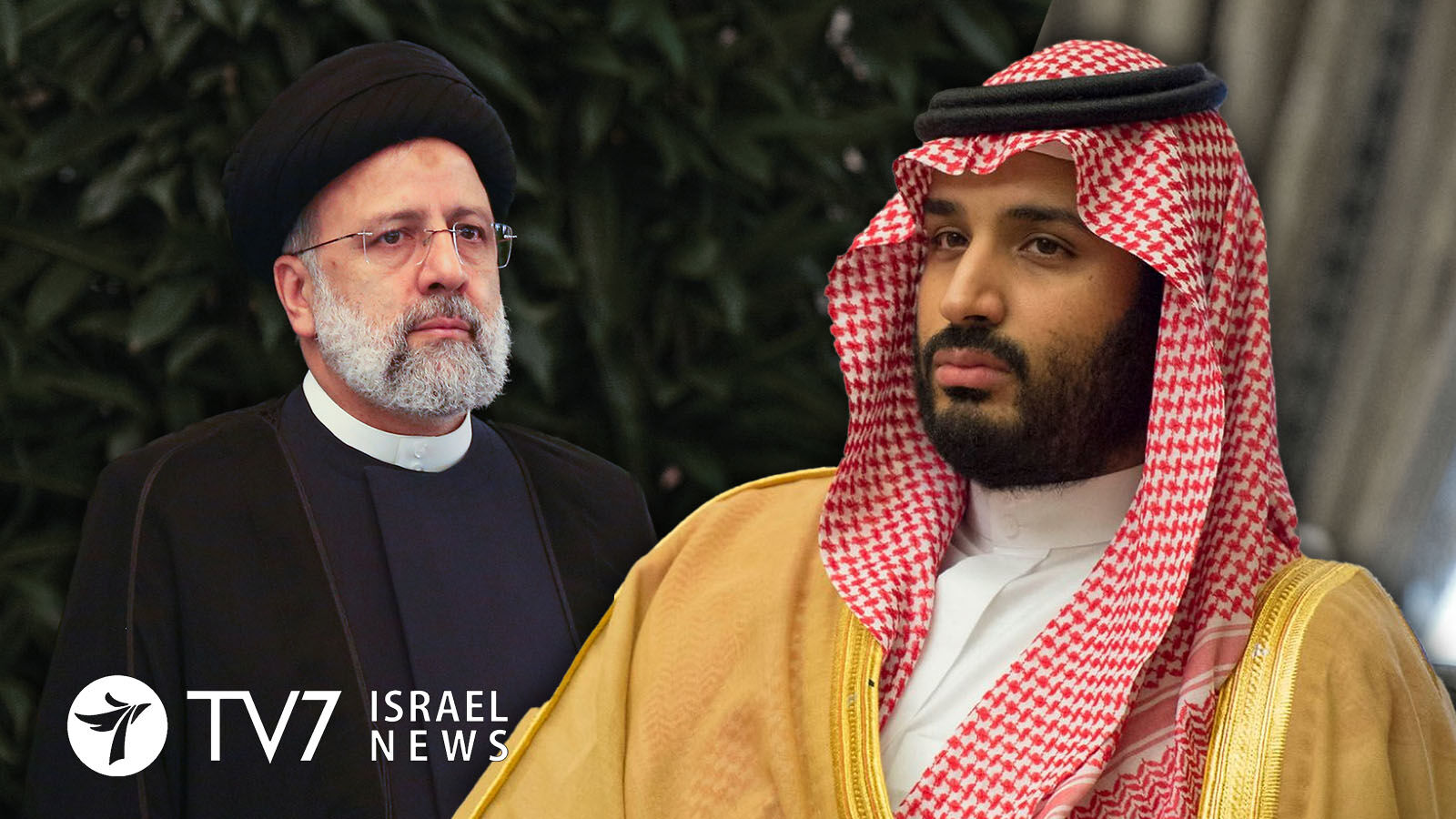Direct discussions to mend deep divisions between regional rivals Tehran and Riyadh are advancing.
By Erin Viner
This, according to Iranian Foreign Minister Hossein Amirabdollahian at a press conference in Lebanon yesterday, where he that efforts to improve ties have gone a “good distance.”
Shi’ite Iran and Sunni Saudi Arabia, the two leading Muslim powers in the Middle East, severed relations diplomatic in 2016. Long at odds over competing interests, they have backed opposing sides allies in regional conflicts and political disputes in Syria, Lebanon and Iraq for years. A Saudi-led Arab coalition has also waging a proxy war against the Iran-aligned Houthi terror movement in Yemen since 2015.
Saudi Foreign Minister Prince Faisal bin Farhan confirmed that Riyadh had held its first round of direct talks on 21 September with Iran’s new government last month, as part of an ongoing process begun earlier this year to reduce tensions. He did not disclose the location of the meeting, but the date coincides with the United Nations General Assembly address by Iranian President Ebrahim Raisi in New York.
“These discussions are still in the exploratory phase. We hope they will provide a basis to address unresolved issues between the two sides and we will strive and work to realize that,” the Saudi monarch and diplomat told reporters.
Saudi and Iranian representatives met 3 times in Iraq in the months prior to the August inauguration of Iran’s new hardline leader. The first session between the Gulf foes was in April, at a time when Washington and Tehran began indirect talks in Vienna to revive the 2015 Joint Comprehensive Plan of Action nuclear pact that had been opposed by Saudi Arabia and its allies.
Both sides have expressed hope the talks will ease hostilities, but it would seem that neither is expecting a major diplomatic breakthrough. Iran did not immediately comment on the latest conciliatory meeting, while Riyadh has said it would judge the government of Raisi by the reality on the ground.
Prince Faisal made his remarks at a joint press conference with visiting High Representative of the Union for Foreign Affairs and Security Policy Josep Borrell, who was in Riyadh following meetings in Qatar and the United Arab Emirates.
The EU foreign policy chief said he had briefed his partners on the prospects for restarting the Vienna nuclear talks, which he hoped would be “soon.” He said he also exchanged views with Saudi officials on Yemen and Afghanistan.
